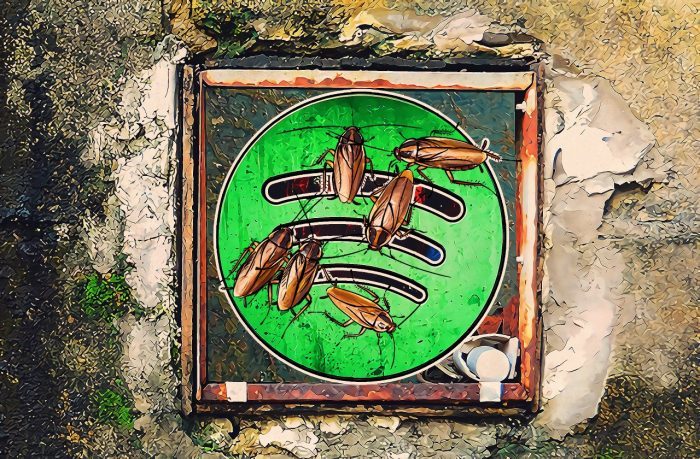
malware
223 articles


ATMs are terrifyingly easy to hack
Our experts made a short video showcasing a proof-of-concept attack by a criminal who has physical access to the ATM’s internals.
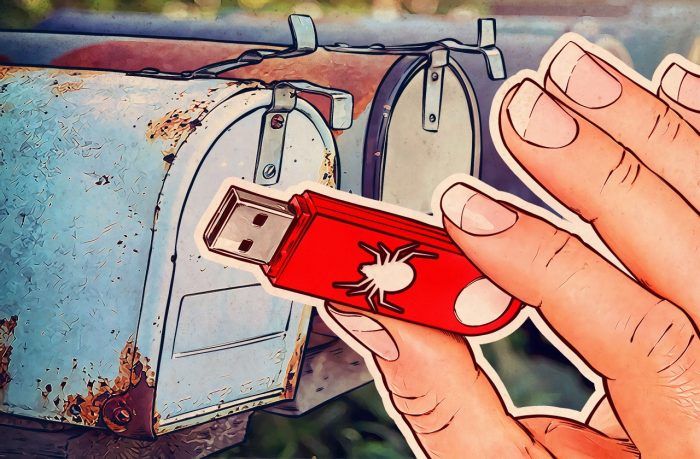

Guide for Pokémon Go Trojan catches Pokémon trainers
We discovered a Pokémon Go Trojan in Google Play. It had already been downloaded 500,000 times.
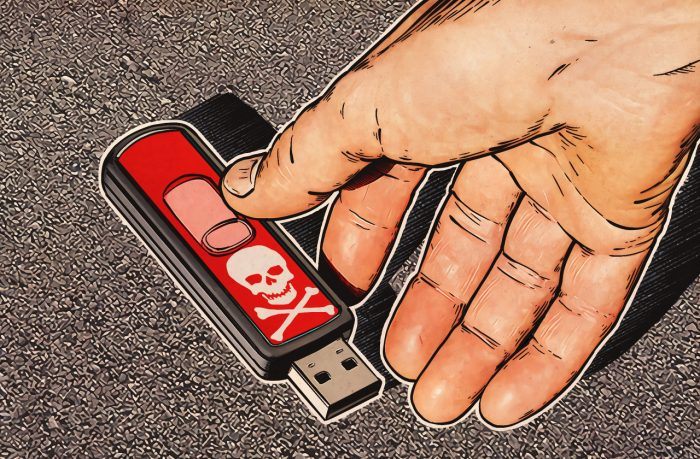

Ask the expert: Jornt van der Wiel talks ransomware
How to protect yourself from ransomware? Are there any cross-platform cryptors? How much time does it take to catch a cybercriminal? Jornt van der Wiel discusses all of that and more

Ranscam doesn’t care if you pay the ransom
Ranscam deletes your files and then demands ransom to restore them, or it will delete them. Yes, in that order.
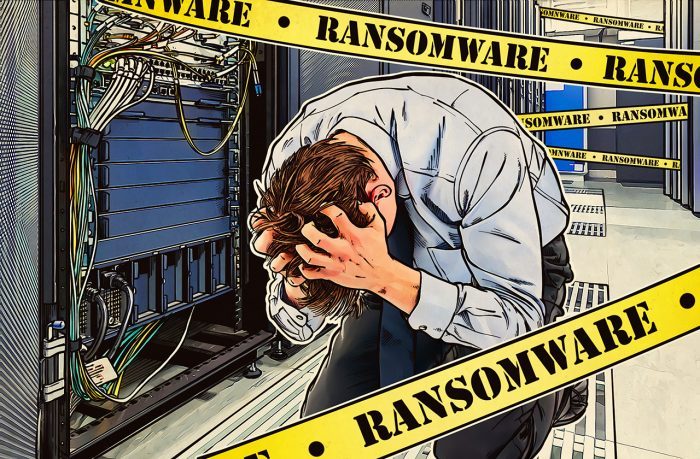
Ransomware’s history and evolution in facts and figures
Where ransomware originates, how blockers evolve into cryptors, and why this type of malware is cybercriminals’ favorite tool.
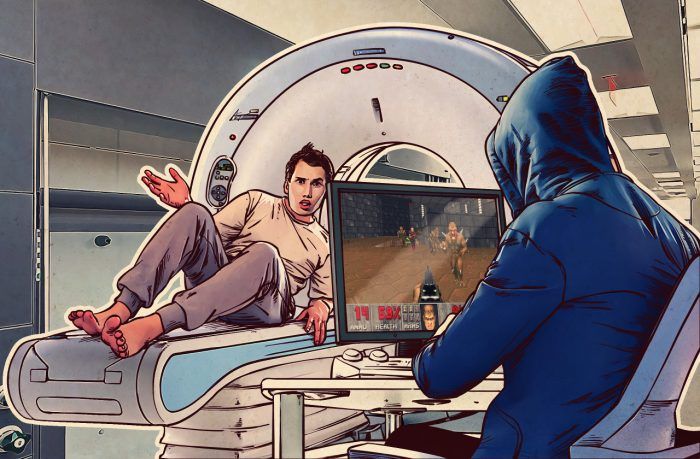
Getting sick is doubly dangerous: Medical equipment is vulnerable to hackers
Hacked medical equipment can cost patients a lot — their health or even their lives.

ZCryptor: The conqueror worm
Zcryptor is a hybrid, part ransomware and part worm. It encrypts files and copies itself onto external media.

Multipurpose malware: Sometimes Trojans come in threes
Ransomware is a tough nut to crack — and while it’s distracting you by encrypting your files, it may also be turning your computer into a zombie.

Hospital learns the hard way why you don’t pay ransomware crooks
Hospital pays ransomware ransom, does not get files back.

Invisible skimmers at the ATMs
Criminals behind the ATM Infector campaign are turning ATMs into invisible skimmers.
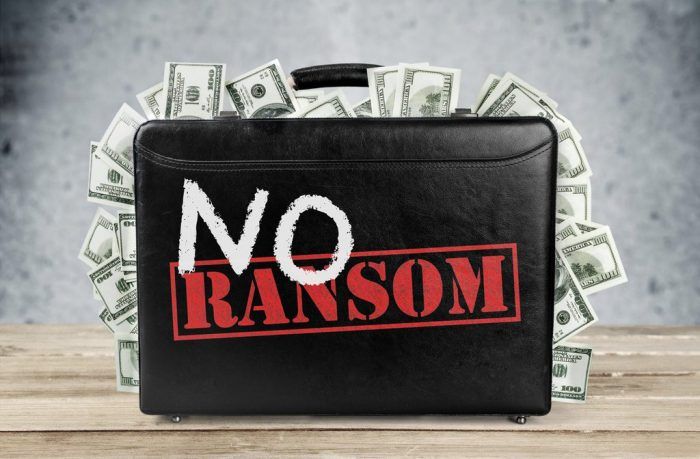
Update: CryptXXX solved again
While many got a good laugh about CryptXXX evolving to beat out tool, ransomware is no laughing matter. Introducing V2 of our tool.

Hackers broadcast live footage from hacked webcams on YouTube and trolls are loving it
Internet-trolls are back in the game: 2ch anonymous hacked hundreds devices and streamed video from victims’ homes for the kick of it.

Atmos: yet another ZeuS variant is threatening businesses
Yet another ZeuS variant is threatening businesses.

Cybercrime International, Ltd.
As the criminals join forces “intercontinentally” to improve their crimeware together, businesses and LEAs should work together as well. Cybersecurity is everybody’s business – today more, perhaps, than ever.
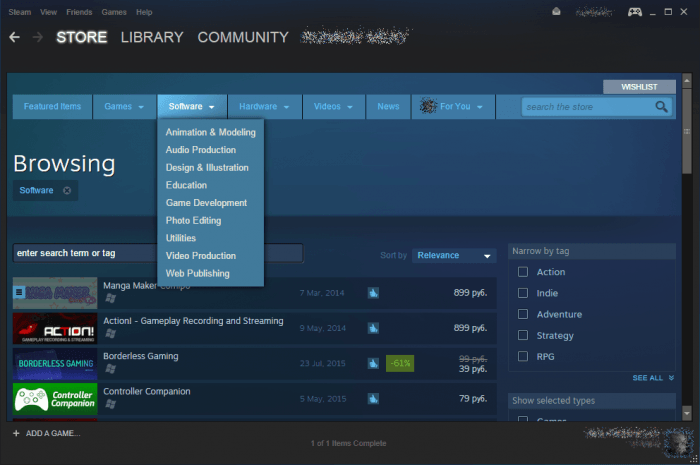
Stealing from Steam: a new MaaS malware hits gamers and businesses
A new MaaS malware hits gamers and businesses.
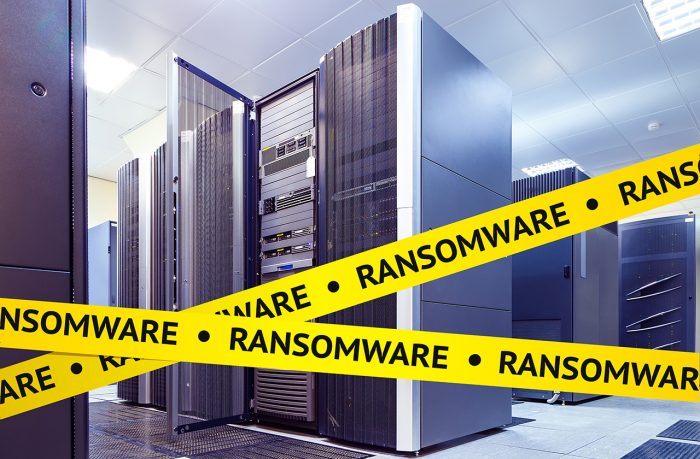
CTB-Locker ransomware infects 70 web servers
CTB-Locker comes back and strikes 70 web server from 10 countries across the globe. Who is at risk and what should they do?

Changing the security mindset for the IoT
Manufacturers need to change their mindset when it comes to the IoT

 malware
malware atm
atm Android
Android black hat
black hat Ransomware
Ransomware encryption
encryption breach
breach